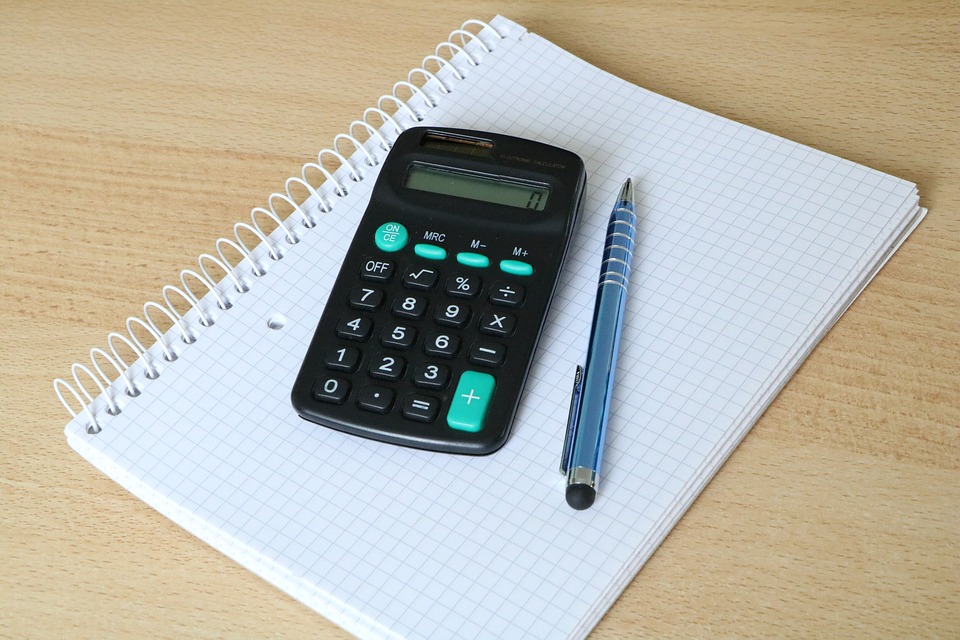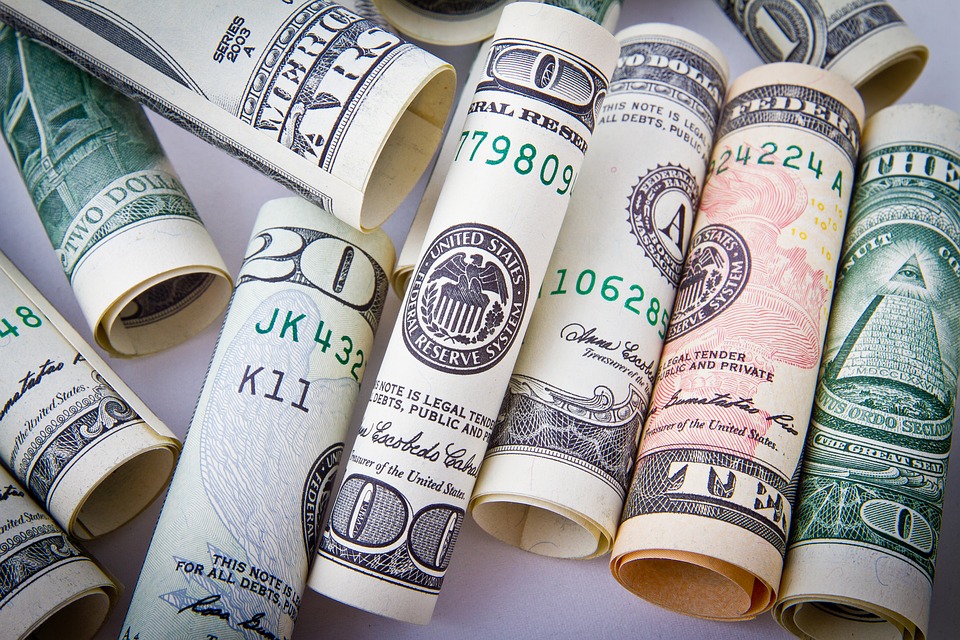Per a new report published by the FINRA Investor Education Foundation, only 37% of participants could pass a five-question test of basic financial literacy by correctly answering four or more questions. These findings demonstrate an urgent need for U.S. consumers to expand their financial literacy, which can help them avoid crippling debt and create greater financial security.
The National Financial Capability Study revealed that 63% of participants scored 3 out of 5 or lower on a financial literacy test covering interest rates, inflation, bond prices, mortgage interest and investment risk. This lack of financial literacy appeared to be reflected in some of the other findings from the study:
- 18% of respondents spend more than they earn,
- 21% have overdue medical bills,
- 26% have used non-bank borrowing (such as high-interest payday loans or pawn shop loans),
- 32% only pay the minimum due on their credit cards,
- Less than half (46%) have a “rainy day” fund set aside for financial emergencies and
- Only 35% perform research or compare offers when shopping for credit cards.
The results are alarming when you consider that some analysts are predicting the United States has a 60% chance of entering another recession within the next year. It’s critical for consumers to have basic understanding of personal finance and those who don’t are at greater risk of becoming mired in debt, paying exorbitant interest fees and facing emergency expenses without a savings cushion or even filing for bankruptcy. Ideally, financial literacy would be broached in high schools and make complete financial literacy education mandatory to ensure young adults are prepared to make responsible financial decisions regarding credit, loans and savings when they graduate. But it’s never too late for adults to brush up on their financial knowledge.
To help Americans improve their financial literacy, I’ve compiled a list of tips and resources that can help individuals improve their financial capability and decision-making:
- Quiz Yourself. Consumers can test their own knowledge with the FINRA Foundation financial literacy quiz and compare their results against national and state averages. The results page displays the correct answers and explanations, allowing participants to pinpoint which topics they should focus on improving.
- Consult Your Bank or Credit Union. Most financial institutions offer a wealth of financial tools, resources and advice to their customers, and many share that information with the general public via their websites. Check with your bank or credit union to see what kinds of articles, comparison tools, calculators and even onsite seminars are available to you. If you have specific questions, call or visit your local branch and speak with a professional to learn more about your money management options.
- Take a Free Course. Skim through your local newspaper or online community bulletin board to learn about free finance seminars offered in your area, or choose from the many free courses offered online. EdX and Coursera both provide access to free classes from leading universities; a search for “personal finance” turned up relevant courses from the University of Michigan, Purdue University, Wellesley and the University of Florida, among others.
- Read Financial News. Browse through the top financial headlines and stories to gain a better understanding of developments that are likely to affect consumers on a national level, such as changes in interest rates, inflation, stock market activity and other relevant topics.
Following these steps will enable Americans to improve their financial literacy, which, in turn, will empower them to make better financial decisions. I also advise the public to track their credit rating through free credit reports, pay off debts or transfer them to an account that charges less interest, and create and follow a budget to minimize unnecessary spending and impulse purchases. With the help of educational resources and financial planning and management tools, consumers can retain much more of their hard-earned money.
Find a Home-Based Business to Start-Up >>> Hundreds of Business Listings.


















































